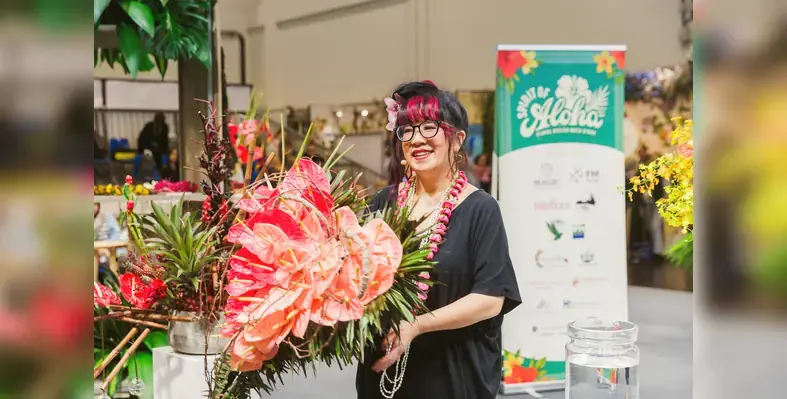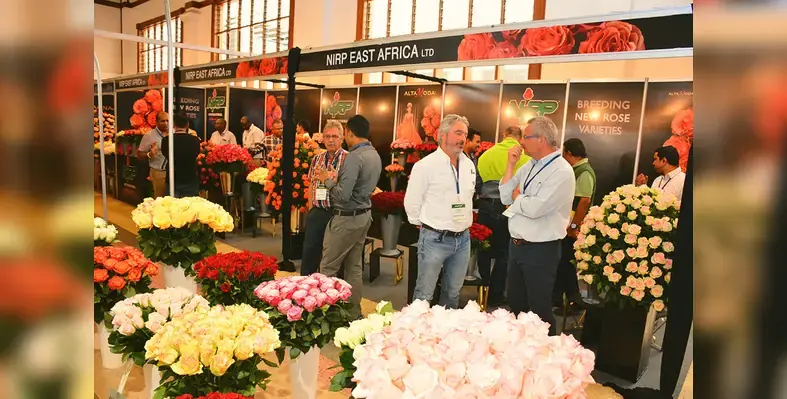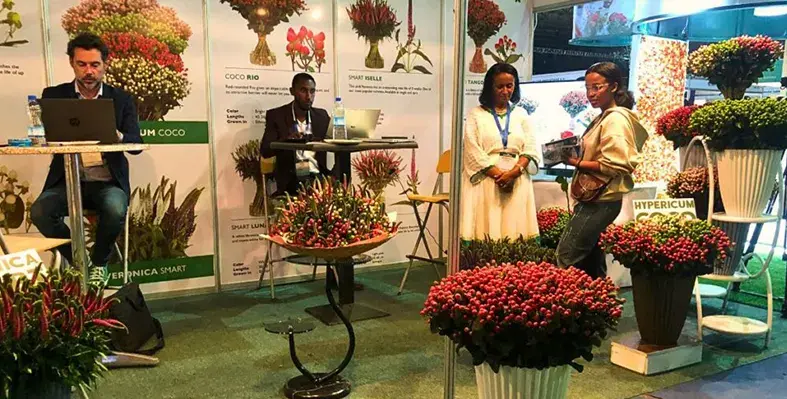IPM ESSEN 2026 delivered a clear message of confidence and momentum for the global horticultural industry, bringing together innovation, business and international exchange at a time of continued economic pressure.
Held from 27 to 30 January, the 42nd edition of the world leading horticulture trade fair attracted almost 40,000 trade visitors and reinforced its role as a central meeting point for the sector.
“IPM ESSEN is the central international platform for orientation, exchange and future solutions,” summarised Oliver P. Kuhrt, CEO of Messe Essen. “Networking within the horticultural industry is essential today – the key to identifying trends early, finding answers together to structural challenges and consistently seizing new opportunities.” Discussions throughout the event reflected uncertain markets, rising production requirements and cost pressures. At the same time, there was a strong sense of determination to shape the future, which drove exceptional interest in new technologies, innovative products and modern sales concepts.
With 1,476 exhibiting companies, IPM ESSEN 2026 recorded a three per cent increase in exhibitors compared to the previous year. This growth was widely viewed as a positive signal in challenging times and a clear indication of industry confidence. The return of several exhibitors further strengthened the fair’s reputation as an international business platform, with more than 85 per cent of exhibitors stating their intention to participate again.
International participation remained high, as 41 per cent of visitors travelled from abroad. The Netherlands formed the largest visitor group, followed by Italy and other European markets, while Great Britain Northern Ireland, Spain and the USA were also strongly represented. The fair continued to serve as a hub for decision making, with 68 per cent of visitors identifying as decision makers and many initiating purchases during the event or planning orders based on contacts made.
The supporting programme was broader than ever, addressing topics such as sustainability, climate resilient plants, peat reduction, urban greening and digital marketing. New formats, including the Woodland Arena, highlighted the growing societal relevance of horticulture. IPM ESSEN 2026 ultimately showcased the industry’s innovative strength and adaptability, setting a confident tone ahead of the next edition scheduled for January 2027.









